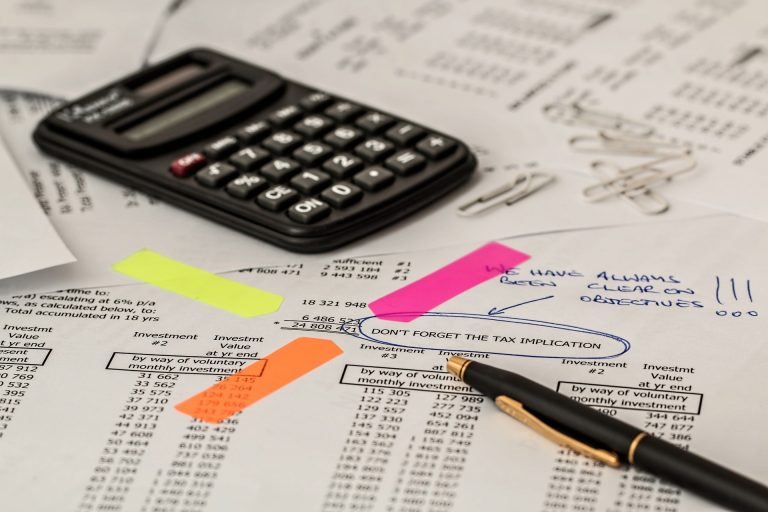Discharging a student loan requires showing undue hardship. The timing of your Chapter 7 filing can determine whether you succeed in this.
Discharging, permanently writing off, student loans can be difficult. You may be able to make it easier to do with good bankruptcy timing.
Very recent credit card purchases and cash advances can be a problem when filing bankruptcy. Smart timing can mostly solve this problem.
You can avoid the presumptions of fraud, and so discharge more of your credit card debts, by timing your bankruptcy filing right.
The current federal eviction moratorium comes with a number of qualifications and conditions. Be aware of them. It's a limited but helpful tool.
Use Chapter 13 to catch up on back rent that piles up during the eviction moratorium, so that you can stay in your rental long term.

The CDC’s recent eviction moratorium order stopping all U.S. residential evictions gives you a new tool to use with some wise bankruptcy planning.
The Centers for Disease Control and Prevention (CDC) just asserted its COVID-fighting power to stop most residential evictions through 2020.
Try to file bankruptcy before an income tax lien gets recorded. But if you can't, here are the effects of a tax lien under Chapter 7 and 13.
How are states responding to Trump's Memorandum providing $400 (or maybe $300?) weekly extended unemployment benefits? It varies widely.
The President's Memorandum Providing $400 Weekly Unemployment Benefits from August to December Is Complicated.
Bankruptcy timing can affect not only whether you must pay a tax debt but also whether you must pay certain tax interest and penalties.

Chapter 13 can discharge income taxes (write them off forever) if you wait long enough to file bankruptcy. Here’s how it works.
Usually you can discharge income taxes write them off forever by waiting to file bankruptcy long enough. Here's how it works under Chapter 7.
Bankruptcy includes all debts you owe at the moment of filing your case, not future debts. So how do you know when to file your case?

